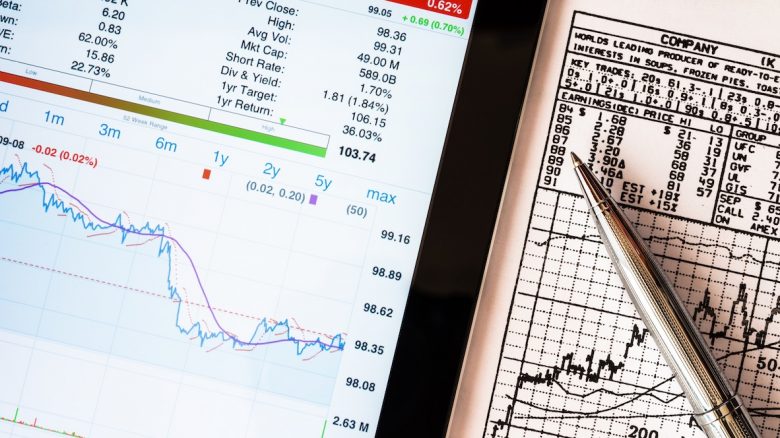If you want to achieve long-term success in day trading, then you must master the basics of technical analysis.
That means looking at charts and graphs and numbers, then trying to find trends or technical indicators that give you real knowledge about the likely trend the security is going to take.
Technical analysis differs from fundamental analysis, which is the evaluation of a company’s balance sheet. Like its name suggests, technical analysis is more “in the weeds,” focusing on price movement, volume, investing patterns and many other detailed pieces of information that can add up to a big-picture understanding of what’s really going on.
This in-depth look at a stock can be incredibly useful for many different kinds of trading, including commodities, cryptocurrency, equities, futures, forex and others.
If you’re more of a visual learner, check out this excellent video from MarketWatch, which provides a brief overview of this topic.
One of the main benefits of technical analysis is that it goes beyond the endless news stories about what stocks you should buy or sell. Most of these stories are written or produced by people that haven’t done the technical analysis. Why? Because it takes work and they’re not getting paid enough for it.
Kiplinger.com provides a good example: A company launches a new product, claiming it’s more than likely to sell millions of units with a high profit margin. Critics give them favorable reviews and investors buy up lots of shares only to immediately watch them drop in value.
So what happened?
“What those investors did not know was that the stock was already up 50% on the year, and that sellers were starting to trade with more urgency,” Michael Kahn wrote for Kiplinger. “So even though the company is sound and will make a lot of money, the stock’s value already reflected that knowledge.”
That’s the advantage of technical analysis. It frees traders from having to rely only on the news media or pundits that may not actually have a deep understanding of the company and the history of its valuations.
There’s courses out there that can help you learn. At Certus Trading, owner Matt Choi offers a Mastering Technical Analysis course. Once this skill is acquired and honed over time, Choi said that it’s much easier to find “high-probability target opportunities in a number of markets,” according to a course review in TheFrugalPreneur.com.
“As such, mastering technical analysis serves as the foundation of consistent and profitable trading,” Choi said.
Like anything, technical analysis is not without its critics.
According to the efficient markets hypothesis (EMH), the market price has already taken into account all available information, and therefore there’s no way to make predictions about it.
That’s because EHM economists posit that stock prices move too randomly for accurate predictions, and economic history in general has a smaller chance of actually repeating itself.
Part of the benefit of technical analysis lies in timing.
Active technical analysts can identify trends a bit sooner than everyone else. If you are an active trader and doing your homework every day, then you will likely find technical analysis a powerful tool to add to your arsenal.
Peter Tuchman, also known as the Einstein of Wall Street, said in a recent video that technical analysis “puts the odds in your favor.”
Tuchman said that it’s exciting to see a new generation of people excited about investing and creating discussions around the topic on sites like Reddit, The Street reported.
“And one lesson that Tuchman thinks could help both investors and traders alike is technical analysis,” the article wrote. “It’s a misconception that you can’t use technical analysis to look at the momentum stocks.”








